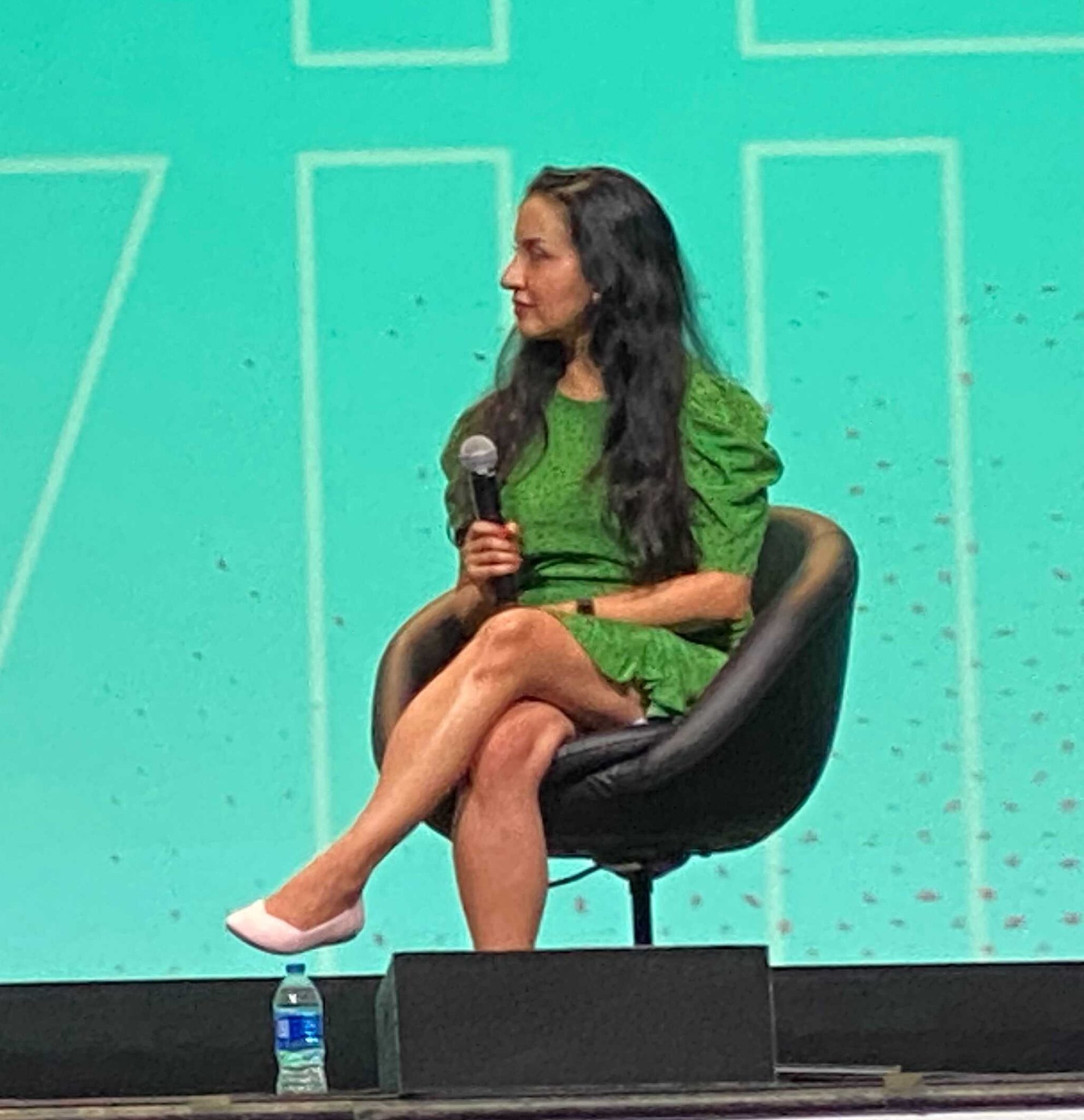Anonymous is 25. She has a job offer that comes with a substantial raise. Hooray!
Buuut … there’s a problem. If she accepts this job offer, her new employer won’t allow her to contribute as much money to her company retirement accounts.
How should she think about the trade-off between increasing income and funding her retirement?
Meanwhile, Dan from California is retiring soon and wants to know what he and his wife should do with the loan they took out against their 401(k).
Finally, an anonymous caller who goes by “Daughter” has a whole life policy that only costs her less than $50 per month. Since her policy is so cheap, should she keep it?
In today’s episode, former financial planner Joe Saul-Sehy and I tackle these tough situations.
Enjoy!
Do you have a question on business, money, trade-offs, financial independence strategies, travel, or investing? Leave it here and we’ll answer them in a future episode.
Anonymous asks (at 03:21 minutes): I am 25. I’m early in my career and I have moved jobs a couple times.
The companies I moved to only allowed me to open up a 401(k) or simple IRA after six months to a year. I was at my last job for a little over a year and had contributed about $400 by the time I left for a higher paying job. I then had to pay a $100 fee to transfer these funds out of my Roth 401(k) into my Roth IRA, which eliminated a quarter of my contributions.
My current compensation package includes a 3% match into a Simple IRA. I’m already maxing out my Roth IRA and I don’t want to leave the match on the table but I’m also planning on moving jobs within the next couple of months.
I’m trying to figure out how I can continue saving for retirement while also continuing to grow my income – I got a 25% raise and I anticipate another 30% raise when I move jobs again.
I would like to retire in my 40s and would like to rely on my retirement accounts at that time. After maxing out my Roth IRA, is there anything else I can use that is not employer sponsored to contribute to my retirement?
How do I go about making the financial decision of staying in a job and receiving the tax benefits of contributing to a retirement plan vs. continuing to increase my income by moving jobs and potentially delaying retirement contributions?
Dan from California asks (at 26:08 minutes): My bride and I will be retiring at the end of the year and we just finished building a home in Florida and will be calling this home after we retire.
Currently my wife has $645,000 in her 401(k). She will be contributing $1,500 a month for the next 8-10 months.
She will be 59 1/2 years old when she retires and she has a pension. She will be receiving $4,200 per month until she turns 63 years old and then her disbursement will be $3,200 per month.
I have a Vanguard IRA Target Date 2030 brokerage account that has about $36,000 in it and we are not contributing to it.
We have a Vanguard Star Roth IRA account that has about $2,000 and we are contributing about $500 every other month until we retire. We have a high-yield savings account that will have $14,000 by year end and emergency fund of $12,500.
Our gross income is about $235,000, with $140,000 as our net take home. Our monthly expenses are about $3,162 and our mortgage will be $1,900.
We took a $42,000 loan against her 401(k) about 10 months ago. By the time she retires we will have paid all off except for $7,000. My question is, should we take the $7,000 as a contribution and pay the taxes that are at our current tax bracket or should we pay the $7,000 off?
Daughter of Generous Parents asks (at 51:46 minutes): My parents are super generous and bought whole life policies for me and my sisters when we were young. My premium is very low – it’s about $47 a month.
My dad is very financially savvy: We can choose to use the policies or let them lapse and he would take over so he wouldn’t lose the funds paid into it.
I took my policy over but I’m not planning on getting married or having kids. My sister’s futures will also be taken care of, so I’m not worried about dependents.
I feel that the policy can be used for my early retirement – I just don’t quite understand how that would work.
How do I withdraw against the whole life policy?
Is there a way for me to utilize it without the need to protect dependents?
Should I just let it lapse?
Should I give it back to my dad so that he can make that part of his plan to protect my mom, should he pass away?
Thanks to our sponsors!
Babbel
Want to learn a new language in preparation for your next travel destination? Babbel’s lessons are created by over 100 language experts, it has 14 different languages to choose from, and their teaching method is scientifically effective. Right now, save up to 60% off your subscription when you go to babbel.com/paula.
Grove.com
Did you know that only nine percent of plastic actually gets recycled, no matter how much we put in our recycling bin? At Grove Collaborative, they believe it’s time to ditch single-use plastics for good. Switch to sustainable products for every room in your home – from laundry care to hand soaps and more. Grove Co. has you covered with safe formulas and refillable packaging that never compromise on performance. Go to grove.com/paula to get a free gift set worth up to fifty dollars with your first order.
Policygenius
Policygenius is an easy way to get life insurance. In minutes, you can compare free quotes from top insurers to find the coverage you need, at a price you can afford. Head to Policygenius to get your free life insurance quotes and see how much you could save.

Rothy’s shoes are stylish, sustainable, and comfortable for everyday wear, anywhere. They come in numerous styles, their lineup is updated often, and their flats, shoes, and bags are made from recycled plastic water bottles! Go to rothys.com/paula for $20 off your first order.
